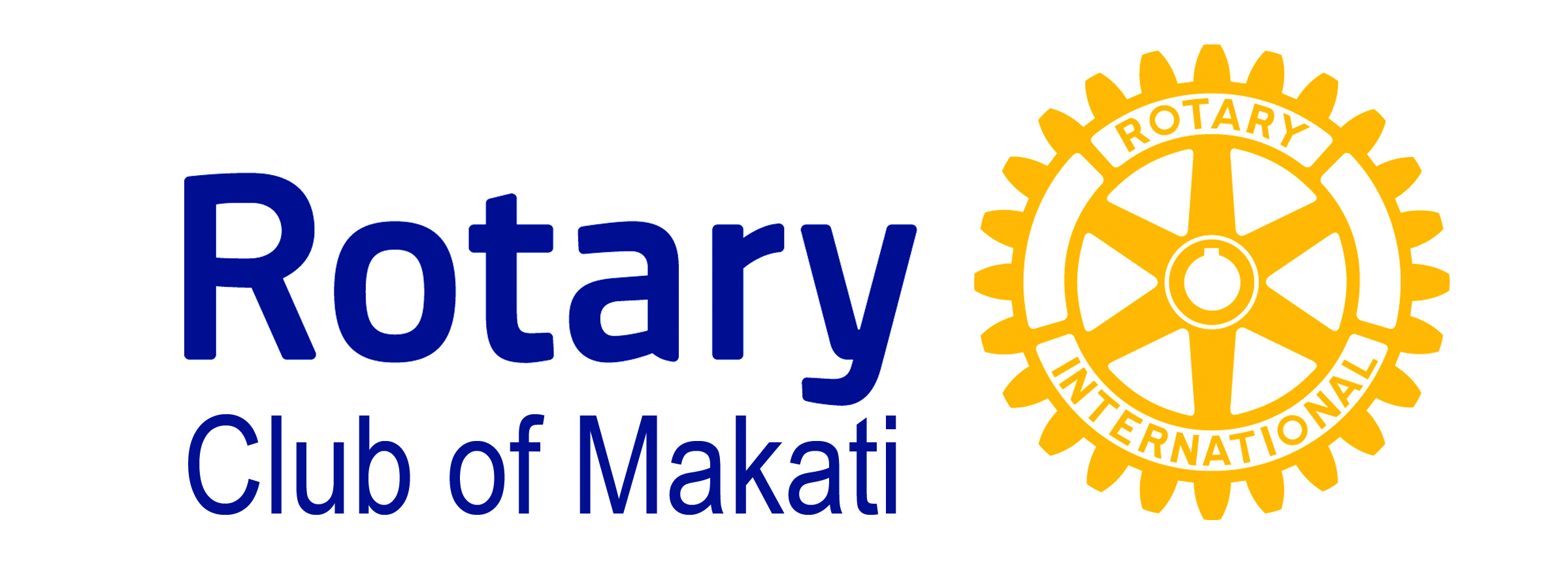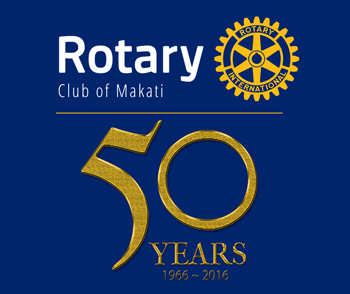Air pollution is the presence in the atmosphere of one or more contaminants in such quantities and of such duration as is or tends to be injurious to human health or welfare, animal or plant life, or property. It may come in solid, liquid, gaseous or a combination such as aerosols (solid or liquid suspended in gas), in which particulate matter (PM) is a component.
PM2.5 are suspended particles smaller than 2.5 micrometer, which can cause serious health effects when inhaled.
The WHO Air quality guidelines (AQG) are designed to offer guidance in reducing the health impacts of air pollution based on expert evaluation of current scientific evidence. The updated WHO AQG are intended to be relevant to the highly diverse emissions, human exposure and exposure-related disease that apply across WHO's regions, and to support a broad range of policy options for air quality management in various parts of the world. Numerical guideline values for particulate matter (PM) are based on studies using PM2.5 as an indicator, and a PM2.5/ PM10 ratio of 0.5 is used to derive the appropriate PM10 guideline value. On the basis of epidemiological evidence, the PM2.5 air quality guidelines indicates that the possibility of adverse effects remains, even if the guideline value is achieved, and some countries might select even lower concentrations for their standards. (Source: WHO-Europe AQ Guideline, 2005)

